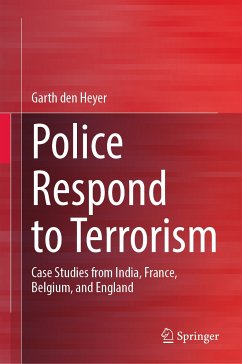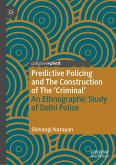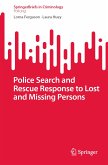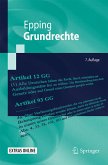This book examines the police response to the terrorist attacks in case studies that occurred in Mumbai (2008), Paris (2015), Brussels (2016) and Manchester (2017).
The methodological approach to the case studies is comparative and features an interactive framework that incorporates a number of key variables. These variables include an examination of each of the terrorist attacks, a description of the terrorists involved, their actions, the response of the police and any weaknesses and strengths identified in the police response.
Following the introduction, the book comprises of three sections. The first section looks at the theory of the police response to terrorism. The second section includes the presentation of the four case study terrorist attacks. The third and final section includes an analysis and comparison of the case study attacks and an examination on how the police response to terrorist attacks could be improved. It is ideal for policing professionals.
The methodological approach to the case studies is comparative and features an interactive framework that incorporates a number of key variables. These variables include an examination of each of the terrorist attacks, a description of the terrorists involved, their actions, the response of the police and any weaknesses and strengths identified in the police response.
Following the introduction, the book comprises of three sections. The first section looks at the theory of the police response to terrorism. The second section includes the presentation of the four case study terrorist attacks. The third and final section includes an analysis and comparison of the case study attacks and an examination on how the police response to terrorist attacks could be improved. It is ideal for policing professionals.









